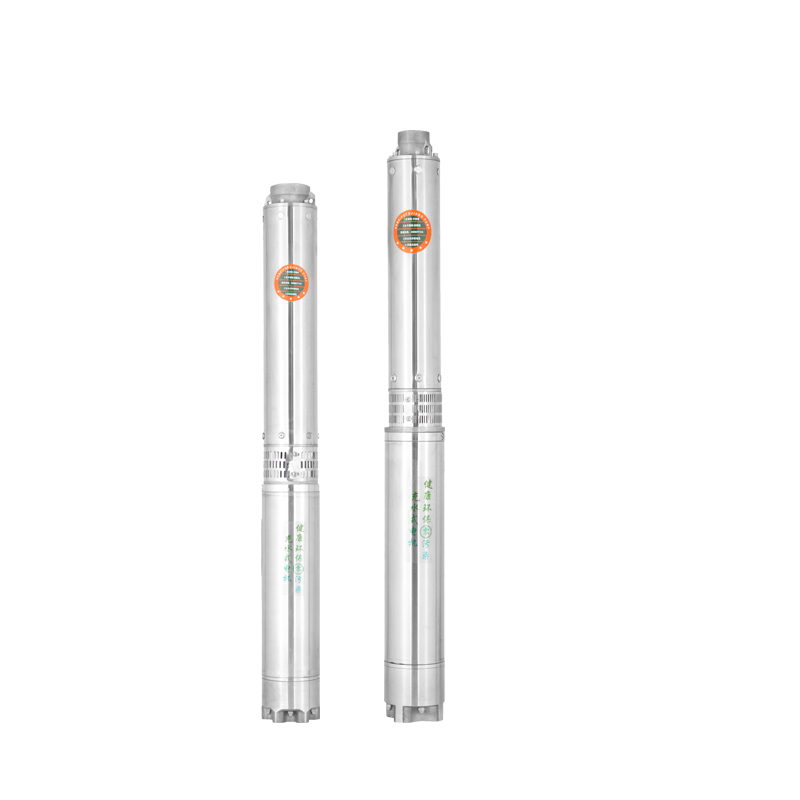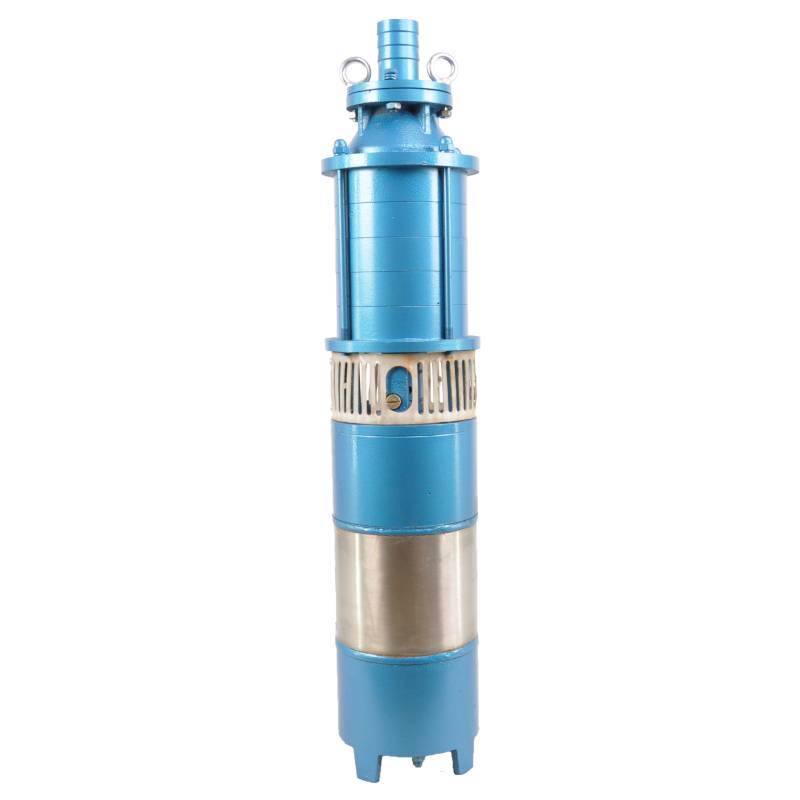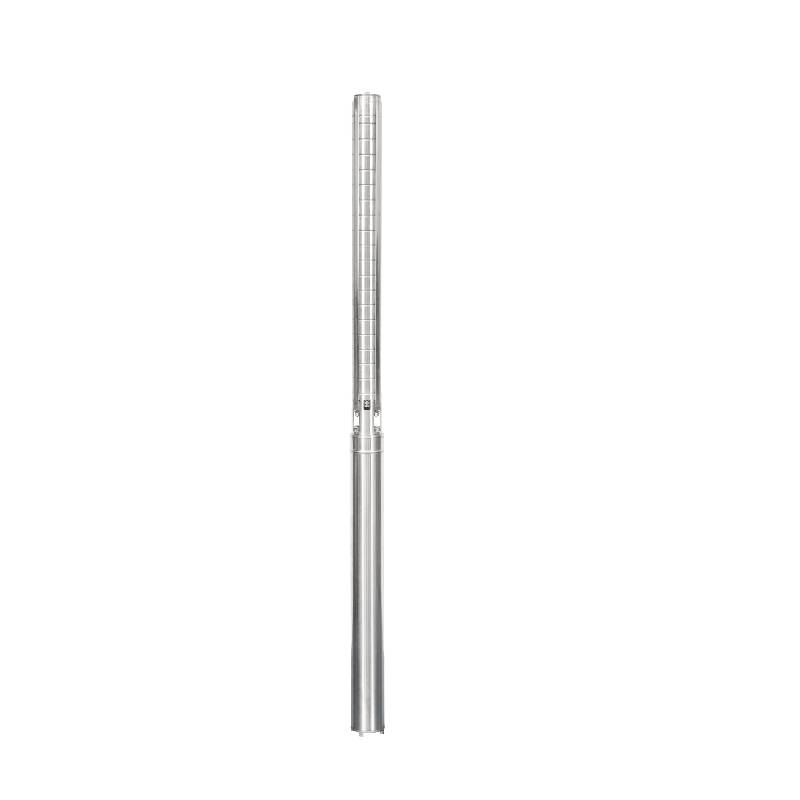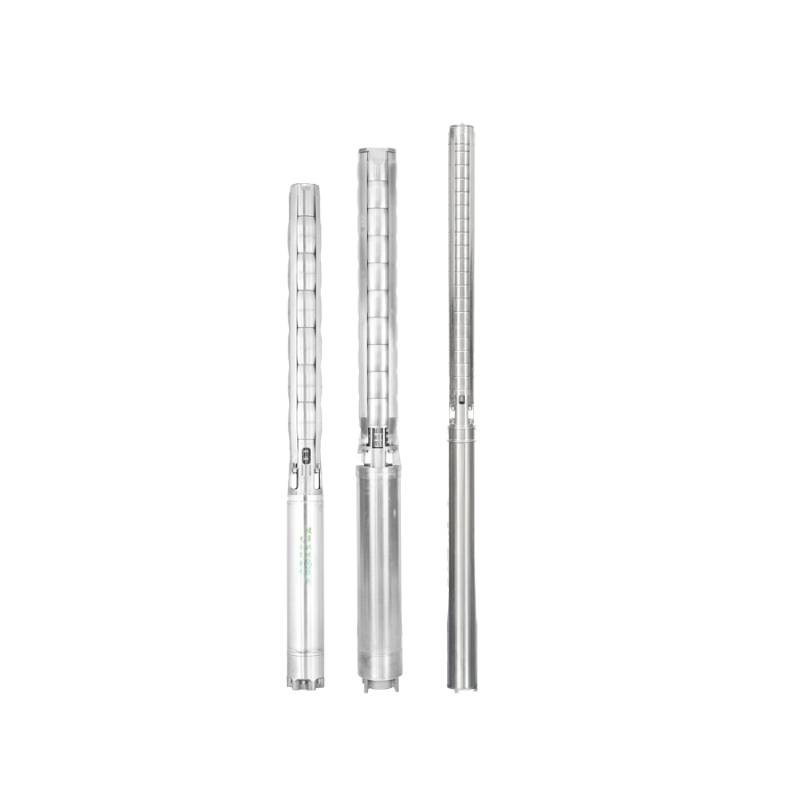ઓગસ્ટ . 01, 2024 05:06 Back to list
Exploring the Efficiency and Applications of 3-4 Inch Deep Well Pumps for Water Supply Systems
Understanding the 3 and 4 Deep Well Pumps Essential Tools for Modern Water Supply
Deep well pumps are essential devices in various fields, including agriculture, residential water supply, and industrial applications. Among the different sizes of deep well pumps, the 3-inch and 4-inch variations are particularly significant due to their efficiency and adaptability. This article delves into the features, applications, and advantages of 3 and 4 deep well pumps, offering insights into how they can meet diverse water extraction needs.
What Are Deep Well Pumps?
Deep well pumps are specifically designed to extract water from significant depths, often exceeding 100 feet. These pumps are vital in areas where surface water sources are limited or polluted, making groundwater extraction necessary. The pumps operate through a submersible motor that drives a series of impellers, which move water upward through the well casing into storage tanks or directly to the point of use.
The Importance of Size 3 vs. 4 Deep Well Pumps
The main difference between 3 and 4 deep well pumps lies in their diameter, which directly influences their flow rates, power requirements, and applications.
1. 3-Inch Deep Well Pumps - Characteristics Typically lighter and more compact, 3 pumps are designed for wells with limited space. Their smaller size means they require less horsepower, making them an energy-efficient choice for low to moderate water demand. - Applications These pumps are suitable for residential applications, agricultural irrigation, and small commercial operations where the water demand is not excessively high. They are excellent for supplying water to households, gardens, and small-scale farming operations.
3 4 deep well pump

2. 4-Inch Deep Well Pumps - Characteristics The 4 pumps, being thicker, are capable of handling larger volumes of water. They usually feature higher flow rates and can be equipped with more powerful motors, allowing them to service larger properties or commercial settings efficiently. - Applications Often used in large agricultural setups, municipal water systems, and industrial operations, 4 pumps can manage higher demand and longer operational hours. They are well-suited for providing irrigation for extensive farmland or commercial landscaping projects.
Advantages of Deep Well Pumps
Both 3 and 4 deep well pumps offer unique benefits
- High Efficiency These pumps are designed to operate at optimal efficiency, reducing the energy costs associated with water extraction. - Durability Made from corrosion-resistant materials, they can withstand harsh environments, ensuring longevity and consistent performance. - Versatility With various configurations and power options, these pumps can be tailored to meet specific needs, whether for residential use or large-scale agricultural operations. - Reliability Deep well pumps provide a reliable source of water, crucial for drought-prone areas or regions where surface water is unreliable.
Conclusion
In summary, the choice between a 3 and 4 deep well pump largely depends on the specific requirements of the water extraction task at hand. Whether one opts for the compact 3 pump for residential needs or the robust 4 pump for larger-scale agricultural or industrial applications, both types serve crucial roles in ensuring a sustainable and reliable water supply. As technology advances, these pumps continue to evolve in efficiency and performance, making them indispensable tools in modern water management solutions. Investing in the right deep well pump can lead to significant long-term benefits, from enhanced water supply to reduced energy costs, ultimately contributing to effective water resource management in our communities.
-
submersible-sump-pump-auto-drainage-for-crawlspaces
NewsAug.22,2025
-
solar-powered-stainless-steel-submersible-well-pump-setup
NewsAug.22,2025
-
stainless-steel-well-pump-flow-rate-optimization
NewsAug.22,2025
-
water-filled-submersible-pump-fish-farm-oxygenation
NewsAug.22,2025
-
submersible-pump-in-aquaculture-and-fish-farming
NewsAug.22,2025
-
deep-well-submersible-pump-for-drought-areas
NewsAug.22,2025
-
 submersible-sump-pump-auto-drainage-for-crawlspacesCrawlspaces, those narrow areas beneath homes, are prone to water accumulation due to leaks, groundwDetail
submersible-sump-pump-auto-drainage-for-crawlspacesCrawlspaces, those narrow areas beneath homes, are prone to water accumulation due to leaks, groundwDetail -
 solar-powered-stainless-steel-submersible-well-pump-setupHarnessing solar energy to power stainless steel submersible well pumps is a sustainable and coDetail
solar-powered-stainless-steel-submersible-well-pump-setupHarnessing solar energy to power stainless steel submersible well pumps is a sustainable and coDetail -
 stainless-steel-well-pump-flow-rate-optimizationIn various applications like agriculture, domestic water supply, and industrial use, the flow rate oDetail
stainless-steel-well-pump-flow-rate-optimizationIn various applications like agriculture, domestic water supply, and industrial use, the flow rate oDetail
